Tunisian director Kaouther Ben Hania imagines a device between documentary and fiction, theater and cinema to tell the sad fate of Olfa and her daughters, the damage caused by the recruitment of two young girls by Daesh.
Les Filles d’Olfa, in competition at the 76th Cannes Film Festival, further blurs the lines between reality and fiction. Without humor this time, but with an emotional intensity that we are not about to forget.
The fiction begins with Olfa’s wedding night with a macho and violent man, whom she will quickly put in his place. A strong and intelligent woman, rebellious, she does not let herself be led by the nose, and will be able to impose herself while remaining within the framework of good morals and the morals of society which are close to her heart.
The mother is supported by her four daughters who also denounce the criminal acts against them, committed by all these men with whom Olfa tried to make a living, until the « Arab Spring » of 2011, with its democratic breath, but which will turn against him with the emergence of extremist groups, such as Daesh, the Islamic State.
The two eldest adhere to Daesh, in their reactionary approach to the democratic and secular spirit of « Spring » which is taking hold. Rahma and Ghofrane, two rebellious figures who adhere to the wearing of jihad, have worn the niqab as a sign of indiscipline and a unifier for their cause.
In 2016, in her television interviews with Olfa Hamrouni, we discover a single mother whose two eldest daughters, Rahma and Ghofrane, had left to do jihad in Libya.
Olfa and her two youngest daughters, Eya and Tayssir, still teenagers, testify as such and also play their own role in front of two professional actresses (Nour Karoui and Ichraq Matar) who interpret their missing daughters and sisters. To add other layers of complexity to the narrative mille-feuille, Olfa, who is also a born actress, also shares many scenes with the star hired to play her (Hend Sabri), and archival footage punctuates the story, at the so much so that, in a dizzying way, we sometimes no longer know what emerges from reality or its recreation.
The purifying dimension of The Daughters of Olfa is obvious: if the violence of the settling of accounts between Eya, Tayssir and their mother leaves you speechless, the artistic adventure has visibly brought them closer. And their capacity for resilience in the face of adversity commands admiration.
The disappearance of Rahma and Ghofrane, publicized on Tunisian television, and the marriage to a fundamentalist imam, who will engrave in stone their rallying to Daesh, are still painful today for Olfa and her younger sisters. A film that should not leave the jury unmoved.
Copyright ©2023 IMPACT EUROPEAN
Copyright ©2023 IMPACT EUROPEAN
Views: 0


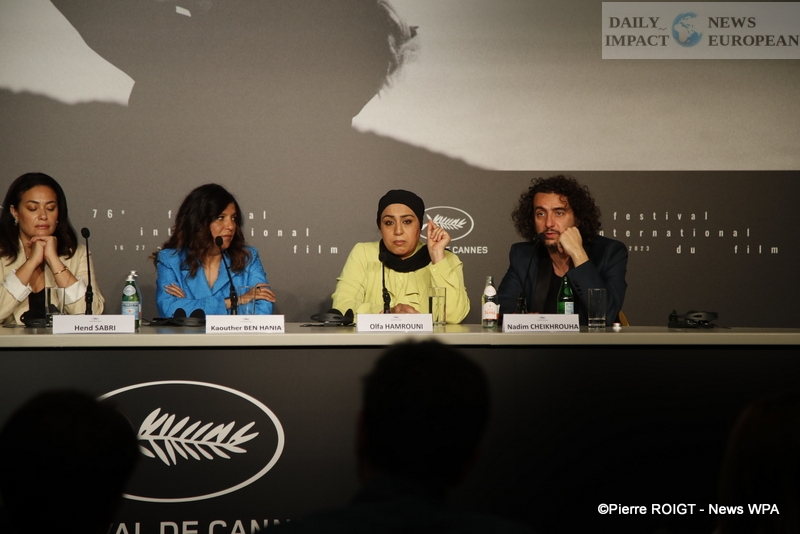
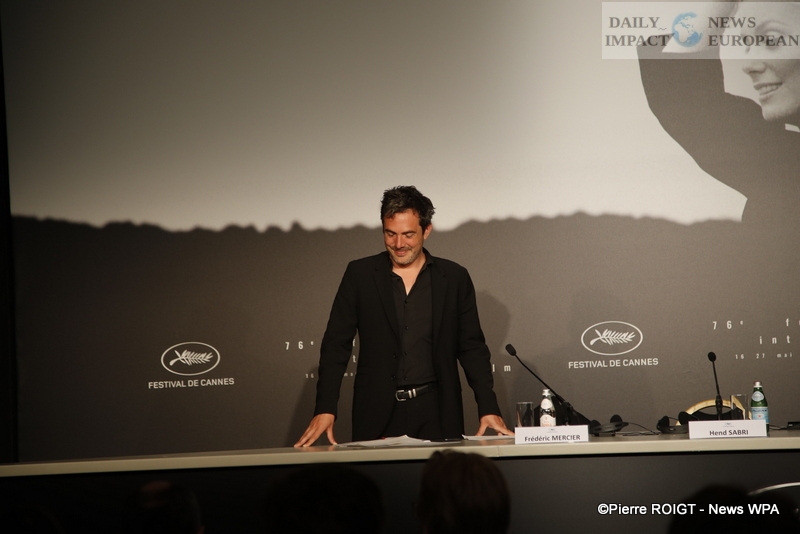
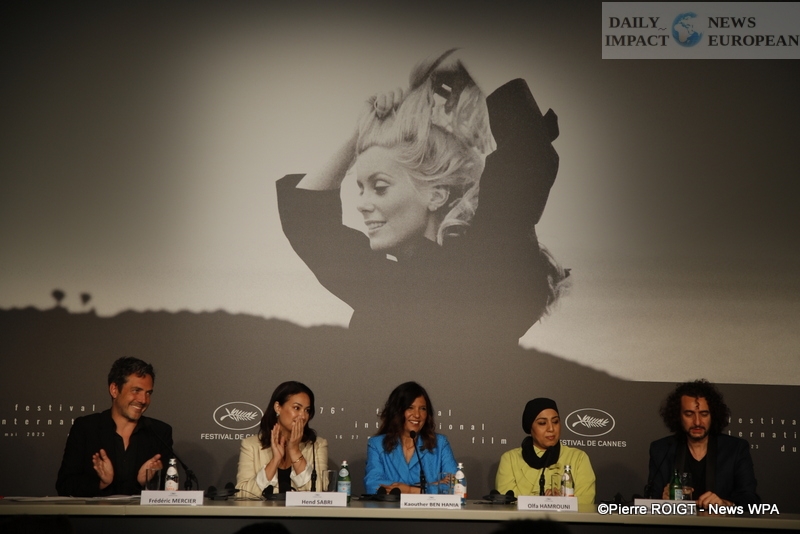
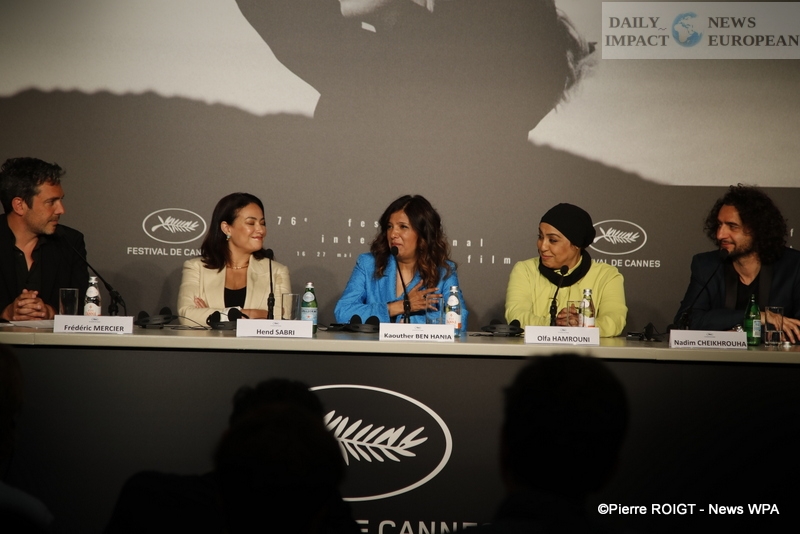
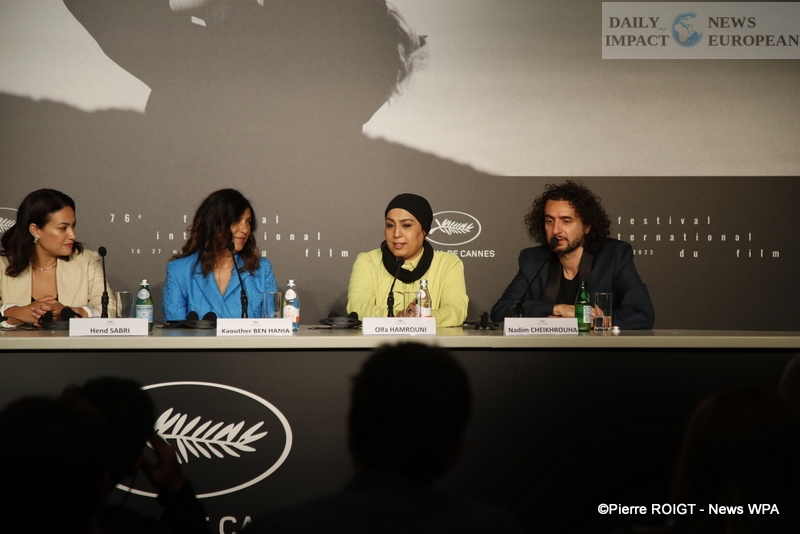
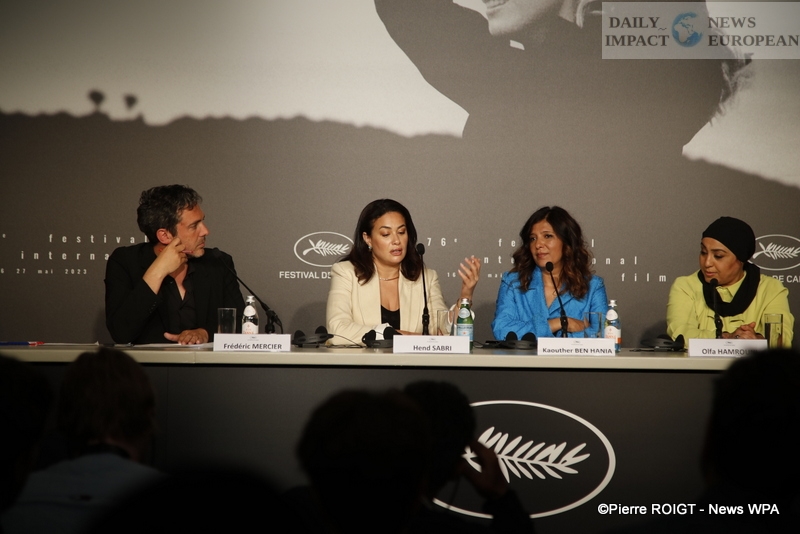
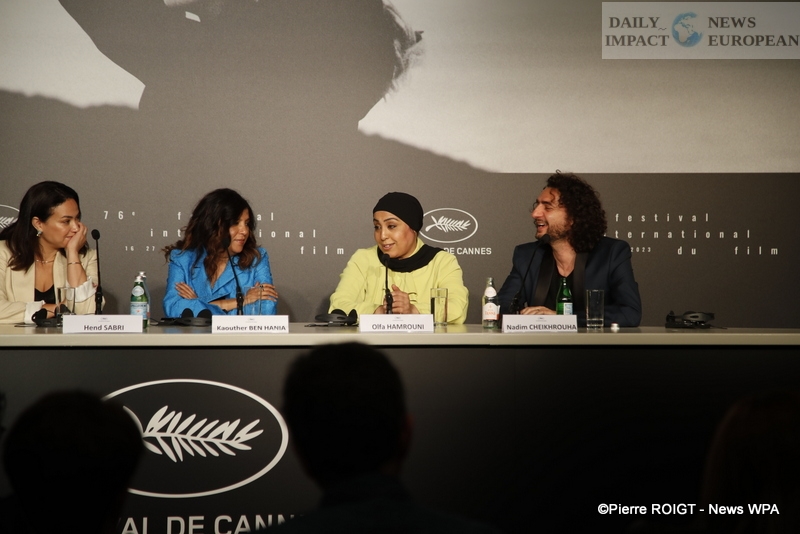
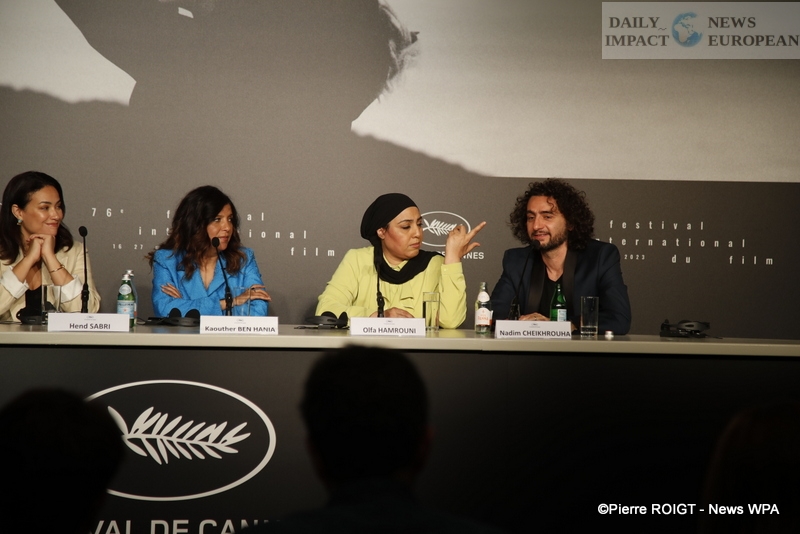
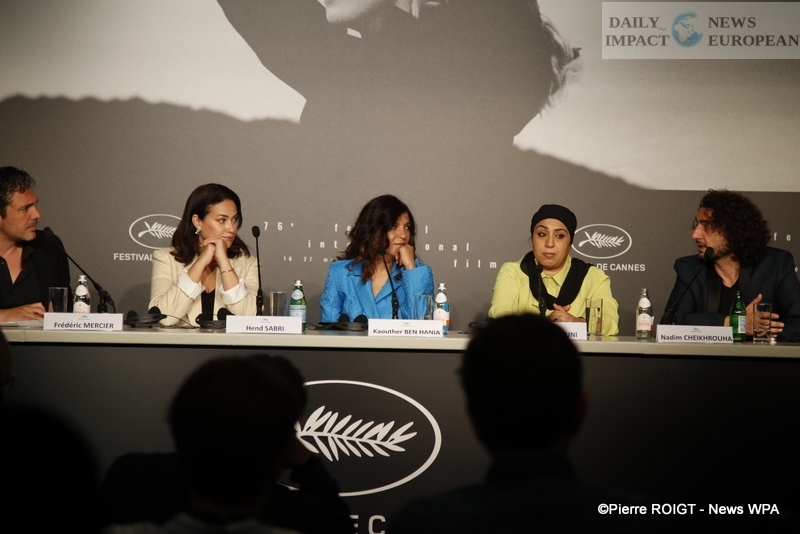
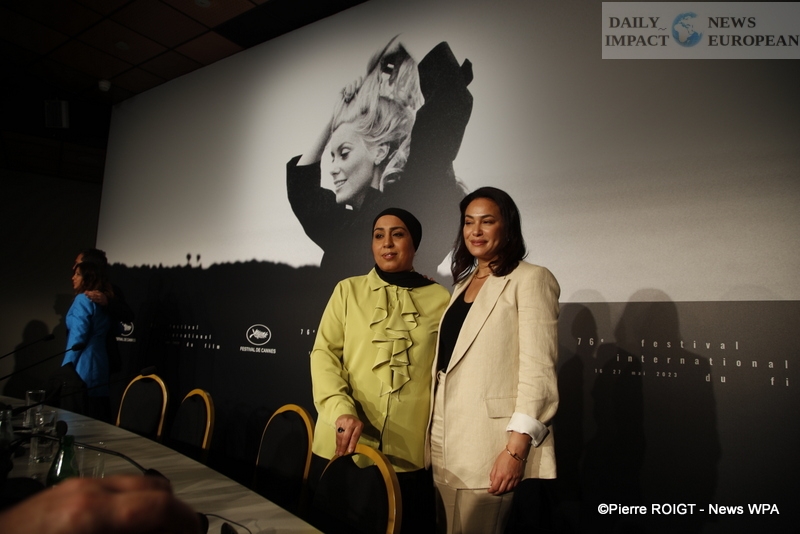
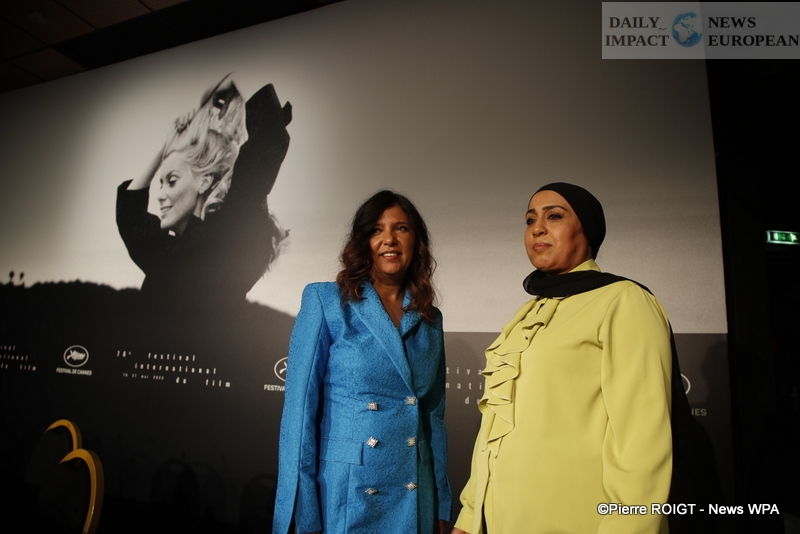
More Stories
Phenom 300E: The World’s Leading Light Jet for 14 Consecutive Years
Art Capital, 20 Years Already
Chers Parents Premieres in Paris